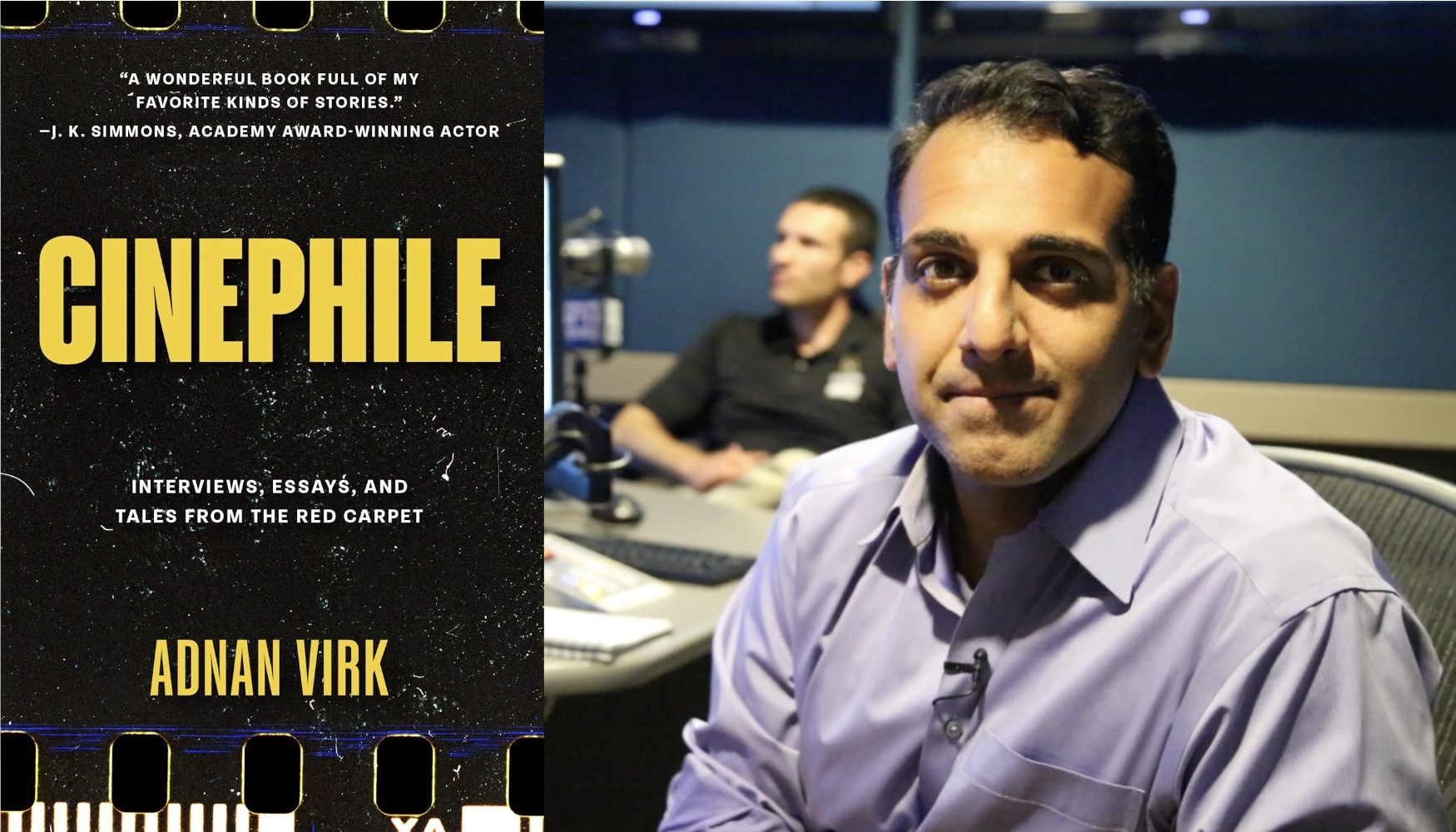The music landscape is undergoing a seismic shift. A virtual band, entirely generated by artificial intelligence, has amassed over one million monthly listeners on Spotify, sparking debate and concern among industry professionals. This unprecedented success raises critical questions about the future of music creation, artist compensation, and the authenticity of the listening experience. Is this a revolutionary step forward, or a harbinger of a devalued, synthetic future for music?
Known for its 1960s-inspired sound, the band’s rapid ascent has caught the attention of both fans and critics. While the project initially flew under the radar, its viral popularity has forced a reckoning within the music industry. The core issue isn’t simply the existence of AI-generated music, but the lack of transparency surrounding its creation and distribution. Many listeners were initially unaware that the music they were enjoying wasn’t created by human artists.
Artificial intelligence is no longer limited to mimicking existing styles. Advanced algorithms can now compose original music, generate lyrics, and even create realistic vocal performances. This technology is being utilized in various ways, from assisting human composers to creating entirely autonomous musical entities. The implications are far-reaching, impacting not only artists but also songwriters, producers, and record labels.
The current legal framework struggles to keep pace with these advancements. Existing copyright laws are designed for human creators, leaving a gray area regarding ownership and royalties for AI-generated works. In New Zealand, for example, concerns are growing about the lack of protections for artists whose work could be replicated or displaced by AI. The Conversation highlights the urgent need for updated legislation to address these challenges.
The debate extends beyond legalities. Some argue that AI-generated music lacks the emotional depth and artistic expression that comes from human experience. Others believe that AI can be a powerful tool for creativity, enabling artists to explore new sonic territories and push the boundaries of musical innovation. The Guardian reports on growing calls for listeners to be informed when they are consuming AI-created content.
Several companies are already leveraging AI in music production. From mastering tools that automatically optimize audio quality to platforms that generate personalized soundtracks, AI is becoming increasingly integrated into the music creation workflow. PCMag Australia details how this particular AI band achieved its success.
The viral sensation, which draws heavily from 1960s rock and pop, demonstrates the potential for AI to replicate and even revitalize popular musical styles. ScienceAlert explores the implications of this trend.
But what does this mean for human musicians? Will AI ultimately replace artists, or will it become a collaborative partner? The Washington Post examines the broader cultural impact of AI-generated music.
Do you believe AI-generated music will eventually surpass human-created music in popularity? And how should the music industry adapt to this rapidly evolving landscape?
A: AI-generated music refers to music created using artificial intelligence algorithms. These algorithms can compose original pieces, mimic existing styles, or assist human musicians in the creative process.
A: The legality of AI music is complex and evolving. Current copyright laws primarily protect human creators, leaving questions about ownership and royalties for AI-generated works. Legal frameworks are still catching up.
A: AI uses machine learning techniques, often involving neural networks, to analyze vast datasets of music. It learns patterns and structures, then uses this knowledge to generate new compositions.
A: While AI can automate certain aspects of music creation, it’s unlikely to completely replace human musicians. AI can be a powerful tool for collaboration and innovation, but it currently lacks the emotional depth and artistic intuition of human artists.
A: Ethical concerns include copyright infringement, the devaluation of human artistry, and the potential for AI to perpetuate biases present in the data it’s trained on.
The emergence of AI-generated music is a watershed moment for the industry. It presents both challenges and opportunities, forcing us to reconsider our understanding of creativity, authorship, and the very essence of music itself. As AI continues to evolve, its impact on the musical landscape will only become more profound.










